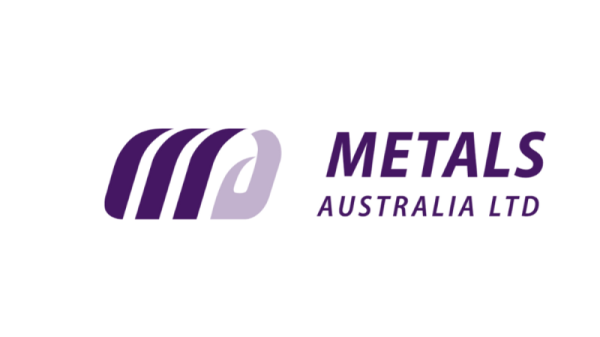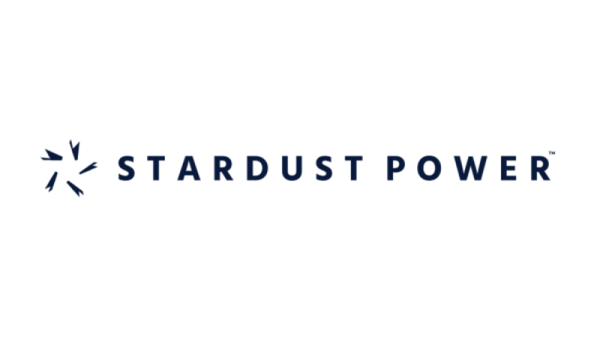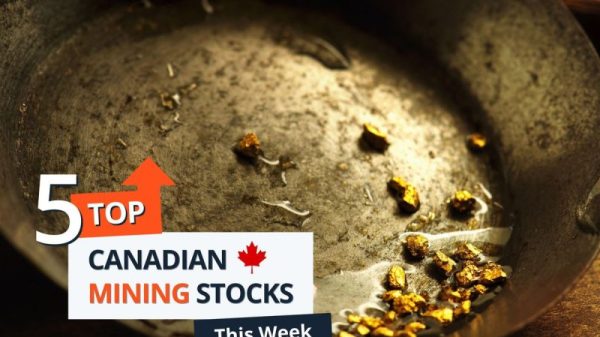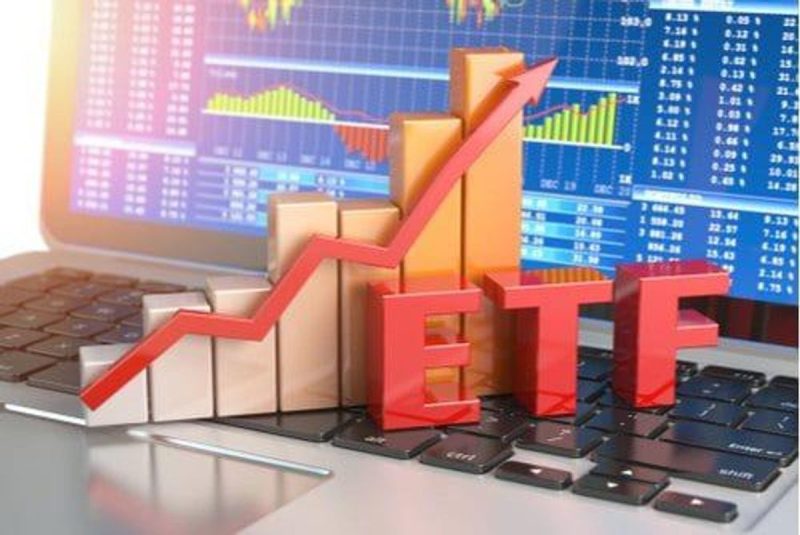Exchange-traded funds (ETFs) are one of the fastest-growing investment vehicles, and as uranium’s rebound continues to build, investors are becoming increasingly interested in uranium ETFs and related products.
After years of dormancy, the uranium spot price zoomed past the US$100 per pound level in early 2024 on supply risks and a strong outlook for long-term demand. Although it’s since pulled back, bulls believe it still has room to run.
Supporting factors include the lack of new uranium mines coming online, Russia’s dominance in uranium conversion and enrichment, rising demand for low-carbon energy sources and the continued development and deployment of small modular reactors. There is also increasing demand for uranium from China and India as both these countries grapple with air pollution in the face of growing electricity demand. China is working to expand its nuclear power capacity, and although it ranks among the top 10 uranium-producing countries, it relies heavily on uranium imports.
These factors and more are creating a supply deficit that will likely push prices further up.
As mentioned, that backdrop is helping uranium ETFs and related products gain steam. Today there are five uranium ETFs available, as well as three investment vehicles backed by physical uranium — and perhaps more to come.
Read on to learn about the uranium ETFs and related vehicles on offer. All data was current as of February 27, 2024.
Uranium ETFs tracking uranium stocks
1. Global X Uranium ETF (ARCA:URA)
Total asset value: US$2.66 billion
The Global X Uranium ETF tracks a basket of uranium miners, as well as nuclear component producers. The fund has an expense ratio of 0.69 percent and has achieved a yearly return of 39.33 percent.
Uranium companies account for more than 70 percent of its holdings, and nearly half of those companies are Canadian. Interestingly, one of its top three holdings is the Sprott Physical Uranium Trust (TSX:U.U) at a weight of 9.01 percent.
Its other top holdings include major uranium producer Cameco (TSX:CCO,NYSE:CCJ) at a weight of 21.5 percent and NexGen Energy (TSX:NXE,NYSE:NXE) at 5.67 percent.
2. Sprott Uranium Miners ETF (ARCA:URNM)
Total assets: US$1.68 billion
The Sprott Uranium Miners ETF includes both uranium producers and explorers for broader exposure. The fund has an expense ratio of 0.83 percent and a yearly return of 50.34 percent.
Small-cap stocks account for 37.82 percent of the ETF’s holdings. Its top three holdings are: Kazatomprom (LSE:59OT,OTC Pink:NATKY) at 14.56 percent; the Sprott Physical Uranium Trust at 14 percent; and Cameco at 13.51 percent.
3. Sprott Junior Uranium Miners ETF (NASDAQ:URNJ)
Total asset value: US$302.4 million
The Sprott Junior Uranium Miners ETF is a recent addition to the uranium ETF universe.
Launched in February 2023, it tracks the NASDAQ Sprott Junior Uranium Miners Index (INDEXNASDAQ:NSURNJ), which follows small uranium companies.
The fund’s 34 constituents are all uranium mining, development or exploration companies, and its top holdings are Paladin Energy (ASX:PDN,OTCQX:PALAF) at 13.15 percent; NexGen Energy at 12.23 percent; and Uranium Energy (NYSEAMERICAN:UEC) at 11.24 percent. Its yearly return is 45.57 percent.
4. VanEck Vectors Uranium + Nuclear Energy ETF (ARCA:NLR)
Total asset value: US$154.4 million
The VanEck Vectors Uranium + Nuclear Energy ETF launched in 2007 and tracks a market-cap-weighted index of stocks in the uranium and nuclear energy industries. Its expense ratio is 0.61 percent and its yearly return is 33.27 percent.
Large-cap companies account for nearly 43.9 percent of its holdings. Its top three holdings are Constellation Energy Group (NASDAQ:CEG) at a weight of 8.17 percent; PG&E (NYSE:PCG) at 7.76 percent; and Public Service Enterprise Group (NYSE:PEG), which comes in at 7.55 percent.
5. Horizons Global Uranium Index ETF (TSX:HURA)
Total asset value: US$75.82 million
The Horizons Global Uranium Index ETF, created in 2019, was the first pure-play uranium ETF in Canada and provides exposure to uranium industry growth. The fund has an expense ratio of 0.99 percent and a yearly return of 58.9 percent.
Some of its top holdings are Cameco, which weighs in at 19.86 percent; Kazatomprom at a weight of 19.81 percent; and NexGen Energy, coming in at 7.23 percent.
Physical uranium investment funds
1. Sprott Physical Uranium Trust (TSX:U.U)
Total asset value: US$6.06 billion
Of all the uranium-focused funds, this one has created the most buzz. Launched in July 2021, the Sprott Physical Uranium Trust quickly made its mark on the space, stoking investor interest and prices for the commodity. This fund has an expense ratio of 0.72 percent and a yearly return of 96.73 percent.
2. Zuri-Invest Uranium AMC
Total asset value: US$1.65 billion
Launched in April 2023, Zuri-Invest’s product is directly linked to physical uranium, and is the first actively managed certificate (AMC) in the sector. According to Zuri-Invest, “an AMC is a security that can be managed on a discretionary basis enabling the active management of a chosen investment strategy.”
Qualified non-US institutional and professional investors can take part in this physical uranium AMC (Swiss ISIN code CH1214916533) through their bank. The custodian of the product is Cameco, which holds the physical uranium in a secure storage facility in Canada.
3. Yellow Cake (LSE:YCA)
Total asset value: US$1.65 billion
Founded in 2018, Yellow Cake provides investment exposure to the uranium spot price through its physical holdings of uranium and uranium-related commercial activities. Yellow Cake’s current holdings total 20.16 million pounds of U3O8.
Yellow Cake’s access to material volumes of uranium at prevailing market prices comes via its long-term partnership with Kazatomprom. Through this partnership, it has the option to purchase up to US$100 million of uranium annually.
One more fund on the horizon
Launched in 2021, ANU Energy is a privately owned physical uranium investment fund that boasts Kazatomprom as a seed investor. The fund is “planning a public or private placement of up to $500 million, but has not said when,” reported Reuters in February of this year.
Securities Disclosure: I, Melissa Pistilli, hold no direct investment interest in any company mentioned in this article.







































